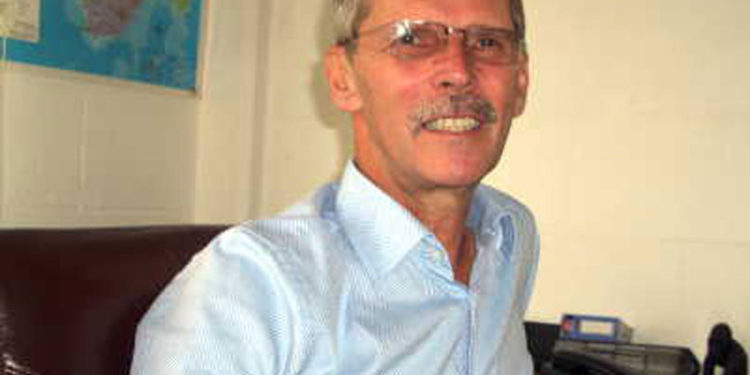Over the past 30 years I have witnessed huge changes in the development of this country. We now have a good road network (apart from Kampala); we have electricity to most parts of the country; we have more power generation than we can use; we have too many shopping centres, and we have restaurants and hotels equal to any capital city. We have had sustained economic growth of around 5 % or more for years, and yet we have not yet reached lower middle income status. Over the same period, the development of many Asian countries has far outstripped that of Uganda, so, although we appear to be making progress, we still have a long way to go.
One area where we have tried to set up a system, yet failed to meet the needs of the population, is in education. In 1997 Uganda took the decision to provide Universal Primary Education, which was very progressive at the time, but keeping up with the growing population of school children has proved a challenge. While the budget for defense was doubled in the past year, the budget for education was actually reduced.
Various surveys have shown that only a minority of children who have gone through UPE have reached standards of P3. This means that large numbers of children cannot hope to progress beyond the village setting, and are confined to practising rural agriculture, or perhaps rising to the level of an unskilled worker or a boda boda rider. Therefore since 80% of the Ugandans live in rural areas, a huge swathe of the population continues to work on the land, and stays in relative poverty. However, this does not mean that these people are miserable or even unhappy with their lot in life.
In order for someone to improve his life, he needs to have a certain degree of dissatisfaction with what he currently has, and here is the catch 22. Many rural peasants do not appear to be dissatisfied with what they have, and actually seem relatively content. Surveys have found that Ugandans score well on the index of happiness – but they also stay in poverty. What is supposed to happen as we develop to a middle-income country is that everyone moves up the income ladder. Those at the bottom of the pyramid get more money, which they are then able to spend on the essentials of life, such as better housing and bedding, improved transport such as a bicycle, and better education for their children. As the children become better educated they become more aspirational and desire a better life, so they move to the city where they take a job in a factory or office and earn more money. They use their higher income to improve the lives of their children, and as a result they appreciate the cost of clothing and of educating their offspring. As a result they decide to have fewer children so that we get a demographic shift from poor families with many children to middle class families with less children. Such middle class families are paying for private schools, so there is also less pressure on the government education system.
However, what is happening in Uganda is that the poor are not aspirational and are not moving up the income ladder – they are relatively contented with their lives of digging in the garden, living in their mud hut (though now with iron sheets on the roof) cooking the food they produce, and surviving from day to day. The weather conditions are not too harsh and they have time to stop and gossip with their neighbours, time to have more children who go to the local government schools where they receive a poor education. The drop out rate is high, with the girls dropping out due to pregnancy, which in turn contributes to our high teenage pregnancy and maternal mortality rate. The government has decided to prioritize security and public administration, but with 48% of our population now below 14 years, as one public official admitted, we are sitting on a demographic time bomb. So although there has been commendable development in some areas, those at the bottom of the pyramid stay relatively unaffected.
Do you have a story in your community or an opinion to share with us: Email us at editorial@watchdoguganda.com











